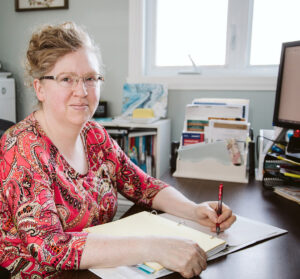We are ready to wrap up our discussion of “Conformity” in relation to translation quality. The third Best Practice in the Conformity is to Take Care of the Details. This means that we must debunk the myth that readers will not notice small mistakes or inconsistencies in grammar, spelling and punctuation. The reality is that many people will stop reading a document if they discover several errors.
 A great strategy is to use a reliable spelling and grammar corrector followed by through self-revision of your translation. If grammar, spelling and punctuation errors are not corrected, they could cause readers to have a negative impression of the translation or to stop reading it. All translators have a responsibility to take the necessary time to produce the best quality translation they are capable of, and this includes checking grammar, spelling and punctuation.
A great strategy is to use a reliable spelling and grammar corrector followed by through self-revision of your translation. If grammar, spelling and punctuation errors are not corrected, they could cause readers to have a negative impression of the translation or to stop reading it. All translators have a responsibility to take the necessary time to produce the best quality translation they are capable of, and this includes checking grammar, spelling and punctuation.
Regarding proofreading, a good practice is to use a spelling and grammar corrector before beginning the formatting of the document. This gives the opportunity to ensure consistency of style — for example, capitals, spaces, terminology, etc.
After the formatting is complete, I strongly recommend that the final proofreading be done on a paper copy of the document. For some reason, mistakes are more easily recognizable on paper than on a screen. If the proofreader does not have access to a printer, an alternative is to zoom in, to make the document as large as possible on the screen. This will make it easier to notice typos.
Have a great day!
Liane

